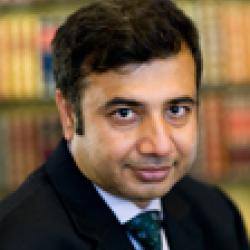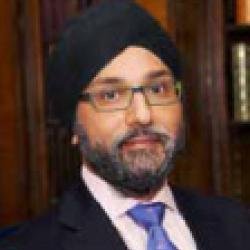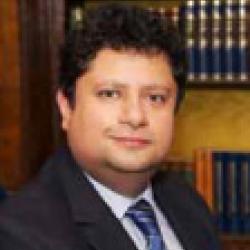London's Top Team of Internationally Acknowledged Super-Specialist Neurosurgeons
Cranial and Spinal Neurosurgery
The objective of all neurosurgery has always been maximum benefit with minimum risk.
So how does modern neurosurgery achieve this aim for patients?
The three guiding principles of neurosurgery:
-
Start with the least invasive treatment possible and move to more invasive treatments as required.
-
Work in a team of neurosurgery experts from a number of disciplines to ensure the patient benefits from the widest range of informed opinion before deciding on a treatment plan – these multidisciplinary teams always include more than one neurosurgeon and other related specialists e.g. radiologists, oncologists, physiotherapists etc. The patient and their family are part of the team as any treatment decisions must recognise that their wishes are paramount. The surgeons involved in the team should not only be fully trained neurosurgeons but super-specialists in that particular area of neurosurgery e.g. neurosurgeons with particular training in brain tumours or paediatric neurosurgery etc.
-
The use of modern technology such as Gamma Knife and Neuromodulation.
What brain conditions can be treated by neurosurgeons?
For each condition and for in-depth analysis see what the London Neurosurgery Team say.
Here are the links to the different conditions that King's College Hospital, Neurosurgeon Mr Bhangoo expalins can be treated:
Epilepsy
Functional and Movement Disorders - Deep Brain Stimulation
Pain Management
Children's Care
Brain Haemorrhage
Cerebral Aneurysms and AVMs
Neurosurgery for the Management of Pain
Neurosurgery for Brain Tumours






